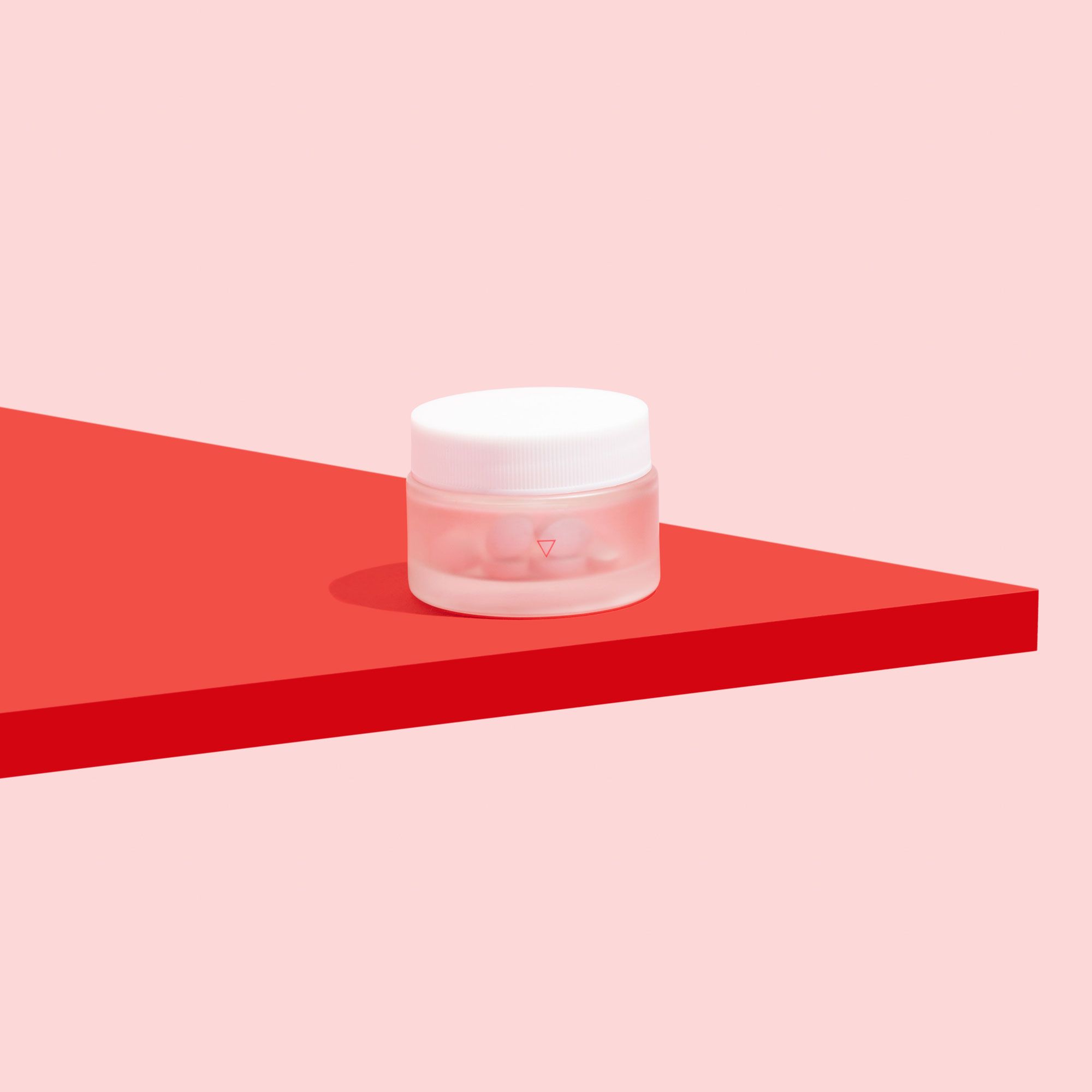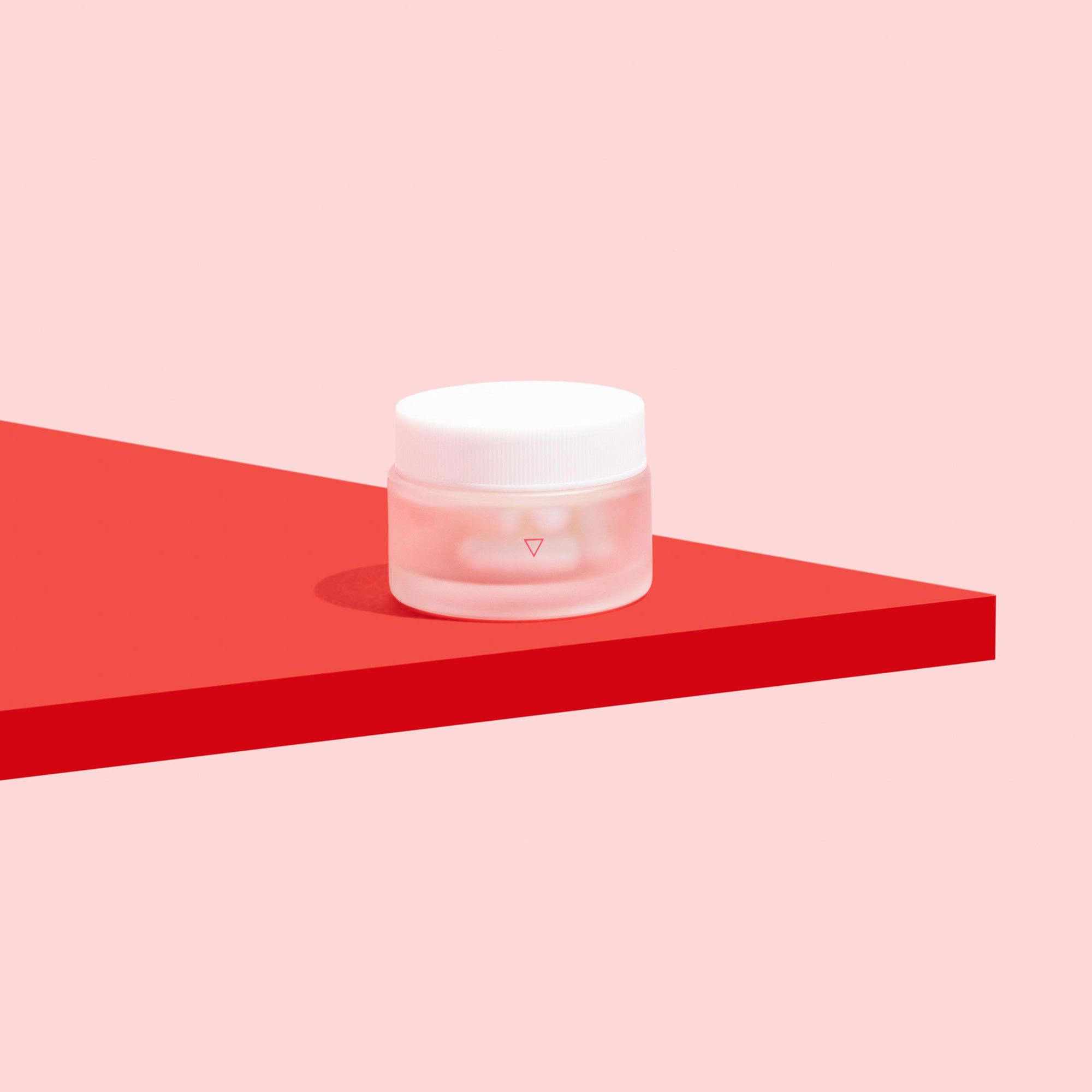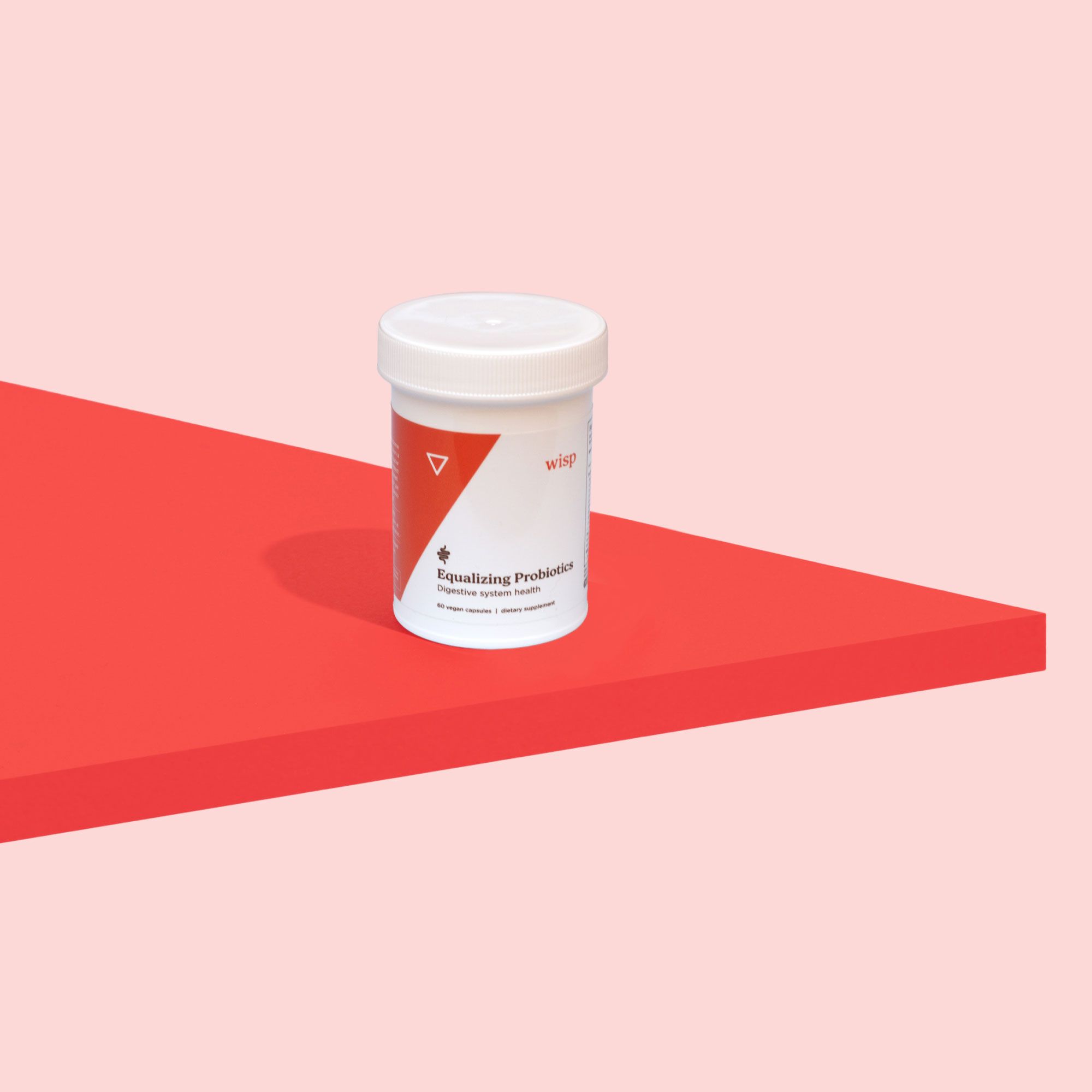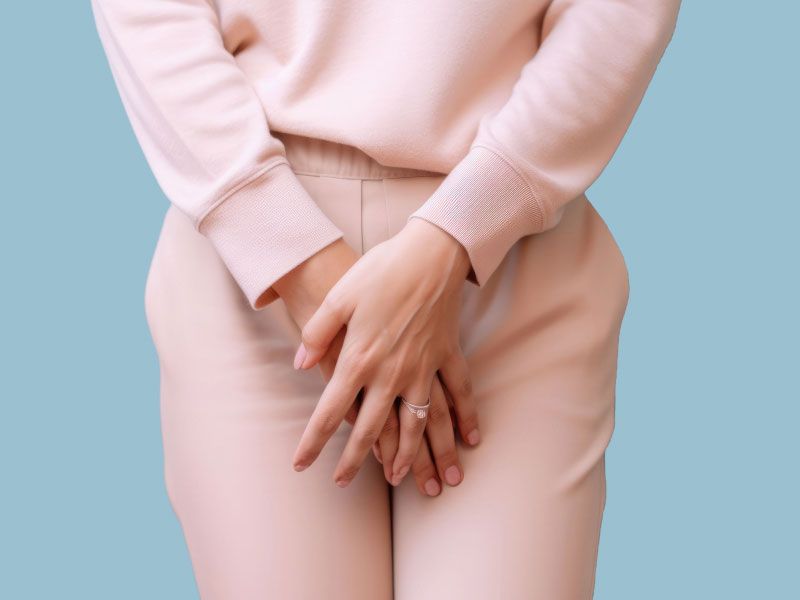
Best Treatments for
Yeast Infections
By Lizzie De La Cruz
October 19, 2020
Every human with a vagina eventually learns the itchy, painful and confusing symptoms of a yeast infection! Many humans with vaginas get these pesky infections every year. And if you're not sure what to use for a yeast infection, you're not alone! It can feel daunting to figure out the right Yeast Infection Treatment.
I get it! I've been there too, and know how annoying this is. Fortunately, a variety of treatments exist for yeast infections. The type you use depends on how severe your symptoms are, as well as how frequently you're getting these infections. With the right treatment, you can be well on your way to feeling better.
Before starting any type of treatment, it's important to identify yeast infection symptoms to know for sure that you actually have a yeast infection. The CDC notes that there are an estimated 1.4 million outpatient visits related to yeast infections every year! So, if you have a vagina, it's likely that you'll experience this uncomfortable condition at some point in your life.
What Are Yeast Infections?
A healthy vagina has a good balance of yeast and bacteria. Estrogen, a hormone, helps a bacteria called lactobacilli grow. These lactobacilli work to maintain a good balance of organisms in your vagina, keeping everything healthy down there.
But sometimes that balance gets thrown out of whack. One result is the fungus, Candida, growing out of control. Candida overgrowth is what leads to a yeast infection.
Some symptoms that may indicate a yeast infection include:
- Discomfort and itchiness
- Swelling, burning, and redness of the vagina and vulva
- Burning or pain when peeing
- Pain when having sex
- Discharge that's thick, white, and odorless — it may look like cottage cheese!
Your best bet if you think you have a yeast infection is to consult with a medical professional to find the best treatment for yeast infection. Because the same symptoms can also come from other conditions, such as an STI or bacterial vaginosis (vaginitis), they may require different treatments. The good news? With an accurate diagnosis, online treatment will cure common and chronic yeast infections.
A few common culprits lead to yeast infections, including:
- Sex. Yeast infections aren't usually considered a sexually transmitted infection, but they can pass from person to person via sexual contact
- Hormone changes. Pregnancy, breast-feeding, menopause or taking birth control pills can alter the balance in your vagina
- Douches or vaginal sprays. Using these products can alter the balance in your vagina, and are not recommended for regular use, or a home remedy for yeast infection
- Antibiotics. Sometimes antibiotics kill off good bacteria living in your vagina. Any time you take antibiotics, supplement with All-Natural Probiotics. to help repopulate the lactobacilli
- Diabetes. If you have diabetes and it's not controlled well, the sugar increase in your vagina's mucus membranes can serve as a place for yeast to grow
- Weakened immune system. If you are HIV-positive or you have another immune system disorder, this can lead to yeast growing in an uncontrolled way
Treatments Yeast Infection: Mild to Moderate Symptoms and Infrequent Episodes
If you're wondering what will cure a yeast infection, the answer may depend upon how bad your symptoms are, and how often you're dealing with these infections. For mild to moderate symptoms that occur infrequently, typical treatments include:
Short-Course Vaginal Therapy
You can often take an anti-fungal medication for three to seven days to cure a yeast infection. Anti-fungal medications are available as:
Common prescription antifungal medication for these treatments include:
- Fluconazole
- Miconazole
- Clotrimazole
Access to prescription antifungal treatment is available online following a quick Symptoms Quiz.
Single-Dose Oral Medication
You may also get a prescription for a single oral dose of a medication called fluconazole (Diflucan)—you would typically take this one time. If you have more severe symptoms, your healthcare provider may prescribe two single doses for you to take three days apart. This oral medication is not recommended if you are pregnant.
No matter which treatment type you take, you should consult with a provider if your symptoms don't go away. Likewise, if the treatment seems to help but then your symptoms come back within two months, you'll want to discuss with a medical professional.
Treatments Yeast Infection: Severe Symptoms and Frequent Episodes
If you're getting severe symptoms or especially frequent infections, you'll want to visit a healthcare provider in person so they can perform a more comprehensive evaluation. The vaginal yeast infection treatment required may be different and/or more intensive and the regular course of treatment that Wisp is able to provide. These treatments include:
Long-Course Vaginal Therapy
You may get a prescription for an anti-fungal medication that you will take each day for up to two weeks, then once a week for six months.
Multi-dose Oral Medication
Instead of vaginal therapy, you may get a prescription for two or three doses of an anti-fungal medication that you take by mouth. Again, this type of treatment would not be recommended if you are pregnant.
Azole Resistant Therapy
You may get boric acid in the form of a capsule to be inserted into the vagina. This is generally only for candida fungus that is resistant to the usual anti-fungal treatments. This type of medication can be fatal if you take it orally, so as always, make sure you pay close attention to instructions from a medical professional before starting any treatments.
If you're experiencing yeast infection symptoms frequently, don't worry. Once you start one of these treatments you can more quickly get back to feeling your best!
At-Home Treatment Yeast Infection
Some natural remedies for yeast infection can potentially help relieve your symptoms. Keep in mind, though, that these are not a cure. You should always talk to a medical professional about herbal remedies you take if you're also taking any over-the-counter (OTC) or prescription medications, as herbs can interact with other medications you're taking or cause other side effects. Additionally, speaking with a medical professional will help you diagnose your condition. It's possible that your symptoms come from something other than a simple yeast infection!
Some natural remedies for yeast infections include:
- Plain yogurt
- Coconut oil
- Garlic
- Tea tree oil cream
- Boric acid vaginal suppositories
If you're applying oil or creams to your vagina, make sure you're also always washing your hands first! Yeast infections sure are annoying, but they don't have to drastically alter your life. Once you get started on the right treatment plan, you'll start feeling better soon!
Get Yeast Infection Medication Online

Diflucan, Generic Fluconazole (Yeast Antifungals)
Prescription antifungals used to treat vaginal yeast infections
Starting at $45.00
Get Started
Boric Acid Suppositories
An over-the-counter vaginal suppository custom-made to help prevent & relieve infections.
Starting at $27.00
Get Started
Wisp Equalizing Probiotics
Custom formulated by our doctors to support immune, gut, vaginal + oral health, cholesterol levels, and more.
Starting at $74.00
Get Started
At-Home Vaginal Microbiome Test by Daye
Understand your risk of vaginal infections, STIs, fertility implications, and more using a non-invasive at-home tampon test.
$125.00
Get Started

